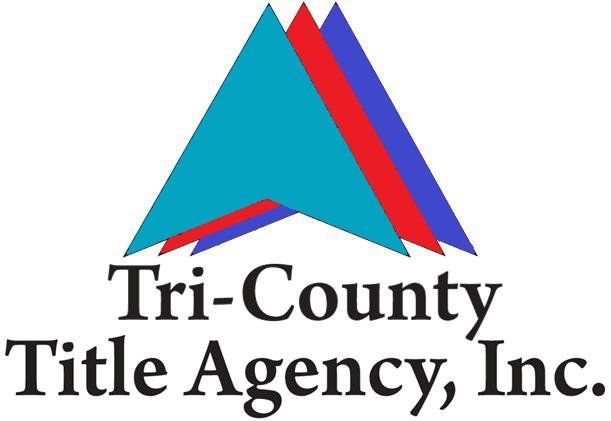Frequently Asked Questions
Loan Policy vs. Owner's Policy
The Loan Policy insures the lender for the amount of the mortgage loan. All lenders require title insurance before they will even issue a loan. If a title defect is later discovered, resulting in a claim, the insurance company will indemnify the lender up to the outstanding balance of the loan. A Loan Policy affords no protection for the homeowner.
For a one-time fee at closing, you can obtain an Owner's Policy, which protects your investment for as long as you (or your heirs) have an interest in the property-even a hundred years from now. In many areas of the country, the seller actually pays for this coverage.
Here's an example: Let's say you buy a house for $200,000, with 20 percent down and a mortgage of $160,000. The lender will insist on a Loan Policy to cover the $160,000 loan. For an additional premium, you can obtain an Owner's Policy to cover your $40,000 investment.
To take it a step further, let's say that a number of years down the road, a major title loss occurs. At that time, the mortgage balance is $120,000. The Owner's Policy would then cover you for up to $80,000. But without an Owner's Policy, you would get nothing.
Do You Really Need Title Insurance?
If you have recently purchased or refinanced a home, chances are you have had to get title insurance. What exactly does title insurance cover, and who does it protect - the homeowner or the lender? Do you need title insurance on a refinance if you bought title insurance when you purchased your home? Here are answers to those important questions, as well as helpful advice on title insurance, and whether or not you need it.
Basically, title insurance protects you against problems affecting the title to your home.
There are two types of title insurance - a Loan Policy, and an Owner's Policy. A Loan Policy protects the lender for the amount of the loan, while the Owner's Policy protects you, the homeowner, for your investment in the property-your equity. In both cases, the title process covers an exhaustive search of public records to make certain the title to the subject properly is clear and covers against future loss if a claim against the property is made.
While discovering an issue with your title can seem rather remote, one out of every four title searches reveals a problem with the title. Examples include tax liens, forged signatures in the chain of title, recording errors, title search errors, undisclosed easements, and title claims by missing heirs and/or ex-spouses. These problems would be uncovered in a title search before you even close on your home.
Even after an exhaustive title search is performed and a title policy issued, sometimes a problem may surface that can threaten your home. If you only have a lender's policy, where the outstanding loan is covered, your equity is not protected. A separate Owner's Policy would protect you - for as long as you or your heirs have an interest in the property.
With the recent refinance boom that has occurred over the last several years, some homeowners have questioned whether or not they need a new title policy when they refinance. The answer is, you won't need a new Owner's Policy, but a lender will require a new Loan Policy because a title search must be performed covering the time since the last policy was issued. It is interesting to note that, even after a title search has been completed, a second search is done just before recording the deed to make sure nothing has affected the title since the initial search, even if it's only been a few weeks.
Although somewhat remote, there is the chance that unforeseen problems might exist such as a mechanic's lien from a contractor who claims he/she has not been paid, or a judgment placed on your house for unpaid taxes. The lender will understandably want to make sure the title to the property they are financing is clear.
One Out of Every Four Transactions Has a Title Issue
What kinds of problems do title professionals look for? They research the complete history of a property by scouring through public records and their own title plants to ensure there are no hidden problems. If they find an issue, they take care of it-typically without you even knowing about it. Or, if the problem is not easily resolved, they will notify you before you close.
Title issues occur with surprising frequency - in an estimated one out of every four residential real estate transactions. The job of the title professional is to ensure that you have a timely and trouble-free closing by avoiding the risks associated with title problems.
Occasionally there are unforeseen problems with the title after you move in. Fraud and forgery are the most common problems that go undetected in a title search, but there can also be unrecorded easements, mistakes in the public record or title claims by unknown heirs. Owner's title insurance protects you for not just the amount of the claim, but for your legal expenses as well.
